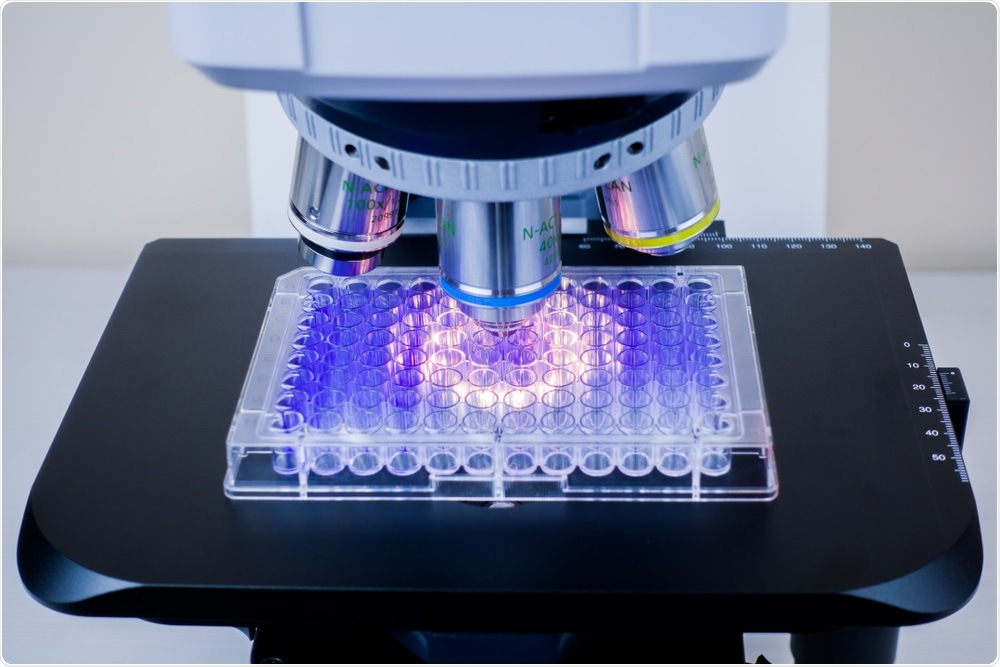Researchers from the Cancer Science Institute of Singapore have discovered a bidirectional regulator of adenosine-to-inosine (A-to-I) RNA editing that could serve as a new cancer drug target.
 Image Credit: Nikolay Chaban / Shutterstock
Image Credit: Nikolay Chaban / Shutterstock
The study, which was recently published in the journal Nucleic Acids Research, found that a protein called DHX9 serves as a bidirectional regulator of this type of RNA editing in cancer cells.
A-to-I RNA editing alters RNAs in a way that changes how genes are read and proteins produced in cells.
Dysregulation of this editing has been associated with various forms of cancer and with neurological disorders. However, scientists still do not understand the factors involved in the regulation of A-to-I RNA editing.
Now, lead author Polly Chen and colleagues have shed light on how the involvement of DHX9 in A-to-I RNA editing may contribute to the development of cancer.
A-to-I RNA editing is performed by two proteins called ADAR1 and ADAR2.
By studying cancer cells taken from 11 different types of cancer, Chen and team were able to show that cancer cells expressed more DHX9 than healthy cells and that this protein may contribute to the development of cancer by interacting with the ADAR proteins to alter A-to-I RNA editing.
The team found that DHX9 increases the A-to-I RNA editing carried out by ADAR1 and decreases the editing carried out by ADAR2, thereby serving as a bidirectional regulator of this editing process in cancer cells.
The DHX9 protein, which is essential to the survival of cancer cells, could therefore offer a promising new candidate for the development of new cancer therapies.
This is the first time a bidirectional regulator of A-to-I RNA editing in human has been uncovered. With this new knowledge, we can now look into how they can intervene the interactions between DHX9 and ADAR proteins in order to stop cancer-driven processes mediated by RNA editing in the cell.”
Poly Chen, Lead Researcher